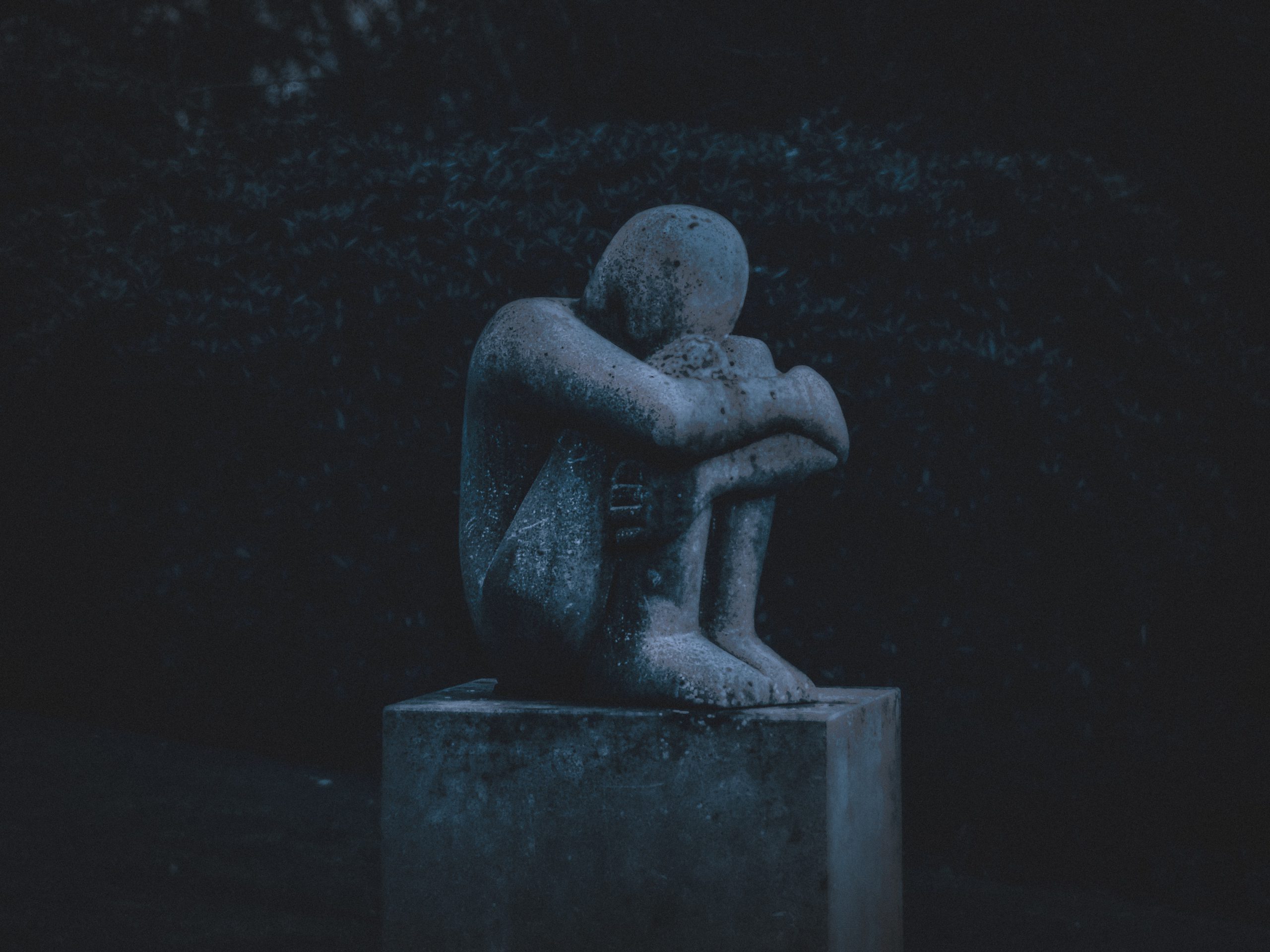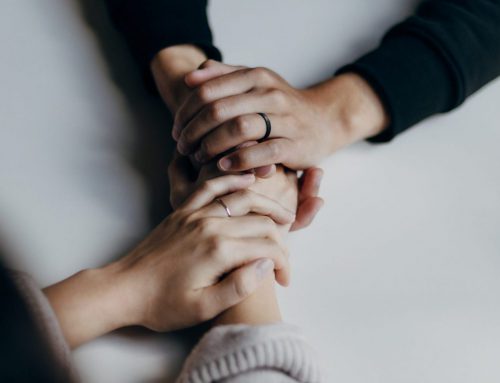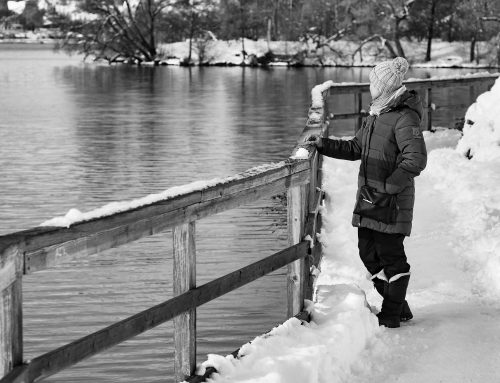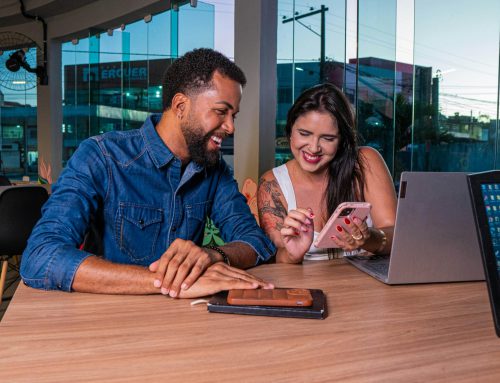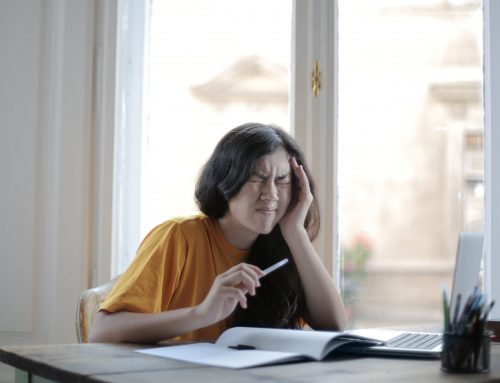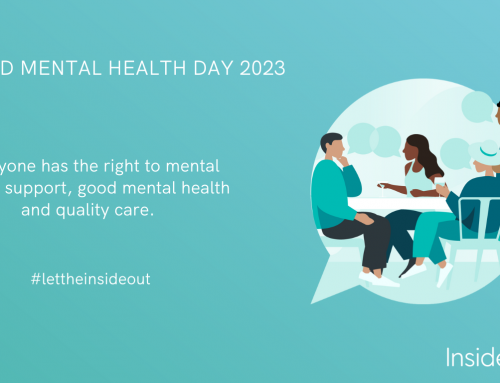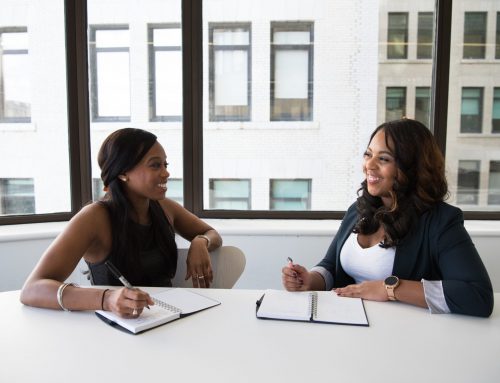I thought I was handling the lock-down well, here in Spain we are already in our third week of full lock-down, only being allowed out to go to the supermarket or walk the dog, and only when absolutely necessary. I was getting on with things, keeping positive, trying to hold on to some semblance of a routine until I couldn’t access a streamed yoga class I wanted to attend and things fell apart.
I cried, not the usual tears of frustration that sometimes flow when I can’t get a handle on technology, but tears of sadness, a sadness that had been just below the surface for days. Oh, I had noticed it there, but I had been so busy working and being a container for other peoples experiences that I wasn’t allowing space for my feelings. On reflection I’m not surprised- I’m grieving, we all are!
What was so important about that yoga class? It was live, with my yoga teacher and my class, and in my mind it was recreating a normal Sunday. Even though I wouldn’t be able to see them I knew many of my classmates would be practising at the same time, all of us coming together like we usually do, to sing and stretch in our small yoga community and that was what I needed- to feel connected, to feel I belonged.
I was grieving those losses, the loss of community, of belonging, of connection. The loss of the freedom which allowed me to go to class, to be outside, to contribute, the loss of having a normal life without the risk of catching a deadly virus by doing something as mundane as going to the shops or as essential as hugging a loved one.
We are experiencing a collective grief that is not only affecting our community but the entire world. We are in the midst of a global health crisis that has caused the loss of many lives and shaken us to our core. We have lost our sense normality, security and safety, our sense of certainty and our sense of community and belonging, our ability to contribute.
Could I be grieving even if no-one I know has died?
You might have very obvious feelings of loss, despair or hopelessness or you may simply have noticed that you can no longer answer the question “How are you today?'” because your emotional state changes from moment to moment. You might go from feeling grateful to sad to overwhelmed to frustrated or even angry over the course of a morning. Do you feel tired despite extra sleep and fewer commitments, or have trouble sleeping? Has your skin broken out or have you noticed you are forgetful and lacking motivation? Maybe you are noticing some unusual bodily sensations, heart palpitations, headaches or digestive disturbances or the smell of rancid cortisol dosed sweat. Do you struggle to find meaning in all of this even though you are being really productive and getting lots done?
This is the face of grief and grief is the result of loss.
What have we lost?
We are losing loved ones and colleagues, friends, neighbours and strangers; strangers who have put our lives and our safety ahead of their own so they can treat us, feed us or transport us. Even if we haven’t lost someone close to us we will be touched by it, it is in our community and it’s close.
We are grieving the loss of our right to mourn, to see off our dearly departed in a way that is meaningful to us, social distancing and containment measures have taken away our ability to express our loss externally, to have our grief acknowledged and validated, to share our grief and allow others to hold us close.
We have lost our sense of certainty, of how the world works, of knowing what comes next. The certainty of knowing we will see our loved ones again. The comfort and security of being able to separate the week from the weekend, work from home, knowing how to use the supermarket and the bank, all that has changed and we don´t know for how long, or what it will look like when this is all over. Everyday there are new rules, new expectations for how to behave, new restrictions.
We have lost our sense of security and safety, the security of our jobs and incomes, the safety of our physical well-being . We are scared for our health, and for the health of the people care about who are vulnerable and a risk, knowing a hug or a kiss or even being to close for too long could be fatal. Panic buying shows us how many people are terrified of not being able to meet their basic needs of food and water.
We have lost our sense of belonging, of community, of connection. Whether it’s chit chat with the neighbours, going to church, yoga class or the cross fit box, drinks in the pub with friends at the weekend or taking the kids to see their grandparents, none of those things are available to us and we don’t know for how long. Belonging and connection are basic human needs, and while video calls are great we need human contact to thrive, we need to feel like we belong and to feel connected.
We have lost the variety in our lives, with days melding into one, trips cancelled, plans upended, staying at home for weeks on end. While we are lucky to have so much entertainment at our disposal in our homes it also highlights how much we need things like social interaction, nature and contribution to society.
What can I do with my grief?
Grief sucks, it really does, and this health crisis isn’t much fun either. It makes us question everything, where we’ve been, what we’ve said and where we’re going on a superficial level and an existential one. It’s uncomfortable at best and unbearably painful at worst. There are things that help, here are my top three.
1. Acknowledge Your Losses
This may seem counter-intuitive in a time when we are being encouraged to think positively and be grateful for what we have, and I agree with both of those strategies, but we must allow space for all our experiences. You can be grateful and allow room for your sadness, frustration or despair. Positive thinking is knowing you will get through this, that better times are coming, it is not being happy all the time.
Make a list of all the things you miss, the things you’ve lost. Notice the things you have lost that have no impact on you whatsoever as well and use this information to inform your choices during and after the quarantine.
“Positive thinking is knowing you will get through this, that better days are coming, it is not about being happy all the time.”
- Prioritise Self-care
This is the time to put your well-being at the top of your priority list. Eat, sleep, move. Practice mindfulness: pick 5 activities to do mindfully, things like showering, brushing your teeth or cooking are good places to start, or try a Loving Kindness guided meditation or a grounding meditation, YouTube has lots to choose from. Be discerning about what you consume, both for your body and your mind. Limit your exposure to negativity in the media, and for some the people you are in contact with. Identify someone you can trust to share your feelings with. Give yourself permission to be and permission to feel. Treat yourself with unconditional kindness, silence your inner drill sergeant, let go of perfectionism. - Make the Most of Your Current Reality
Making the most of the current situation isn´t about making sure you are productive every minute of the day, working, home schooling your kids, feeling your emotions, working out and learning how to speak a new language/juggle/meditate/cook one new dish from every country in the world. Making the most of the situation means finding balance, doing what soothes you and replenishes your spirit when things feel heavy and letting go of everything else. Resist the urge to add 20 things to your already long to-do list and instead look for one thing to do every day that’s meaningful for you. What is something that you love doing that you haven’t had time for lately? What activities nourish you? What is one thing you could do today that would give you a deep sense of satisfaction? Where can you find 5 minutes of joy? Who can you connect with that is uplifting?On the days where those questions feel like too much, just look for 3 things to be grateful for, and write them down. Brighter days will come.
Author: Niamh Mitchell, Life Coach at InsideOut
